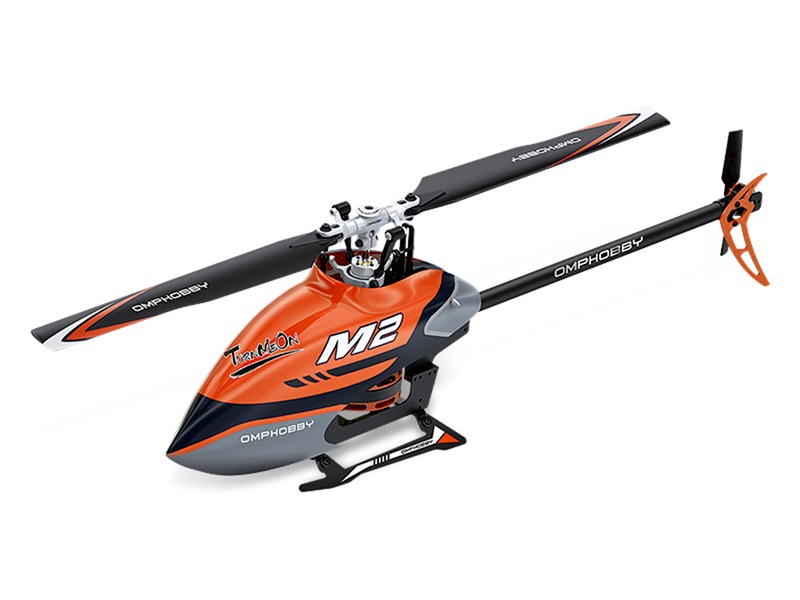What causes most helicopter crashes?

Helicopter crashes are caused by a variety of factors, including pilot error, mechanical failure, weather conditions, and terrain. Pilot error is the most common cause of helicopter crashes, accounting for around half of all incidents. This can include factors such as inadequate training, poor decision-making, and lack of knowledge.
Pilot error often occurs as a result of inadequate training. A pilot may not be adequately prepared for a particular situation, such as operating in poor weather conditions or flying in an unfamiliar environment. Without the necessary experience and knowledge, mistakes are more likely to occur, leading to an increased risk of an accident.
Mechanical failure is another major cause of helicopter crashes. Issues such as engine failure, component failure, or system malfunctions can all lead to an accident. While the majority of mechanical failures are caused by a lack of maintenance or incorrect installation, there are also instances where a manufacturing defect could be to blame.
Weather conditions can also be a contributing factor in helicopter crashes. Poor weather can reduce visibility, make it harder to control the aircraft, and increase the risk of turbulence. This can lead to a pilot becoming disoriented and making mistakes, or the aircraft being unable to handle the conditions and crashing.
Finally, terrain can also be a cause of helicopter crashes. Flying over mountainous terrain can be particularly dangerous, as the aircraft can encounter unexpected wind shear, updrafts, and turbulence. Additionally, flying at night can be particularly risky, as pilots may not be able to see the ground and may not be able to react in time to any changes in altitude or direction.
Overall, the majority of helicopter crashes are caused by pilot error, mechanical failure, weather conditions, and terrain. While these factors are often out of the pilot’s control, they can still be managed through proper training, maintenance, and careful decision-making. By following these safety measures, the risk of helicopter crashes can be minimized.
Comments / Question
2. FAA regulations on pilot training and proficiency
3. FAA regulations on airworthiness standards
4. FAA regulations on flight operations and procedures
5. FAA regulations on navigation and instrumentation
6. FAA regulations on aircraft performance and limitations
7. FAA regulations on weather minimums and requirements
8. FAA regulations on aircraft equipment and operations
9. FAA regulations on accident reporting and investigation
10. FAA regulations on emergency procedures and equipment
2. Ensure that all helicopters are regularly inspected and maintained.
3. Use the latest navigation and autopilot systems.
4. Avoid flying in bad weather conditions.
5. Use terrain avoidance systems to detect and avoid obstacles.
6. Use the latest emergency locator transmitters.
7. Avoid flying over densely populated areas.
8. Follow all safety protocols and procedures.
9. Avoid flying over mountainous terrain.
10. Use night vision goggles for night flights.
2. Mechanical Failure: This can be caused by a variety of factors, including improper maintenance, design flaws, or component failure.
3. Weather Conditions: Turbulence or strong winds can cause a helicopter to become unstable and crash.
4. Pilot Error: This can include inadequate pre-flight preparation, improper flight planning, inadequate training, or fatigue.
5. Poor Visibility: Low visibility due to fog, rain, or snow can cause a pilot to lose orientation and crash.
6. Fuel System Failure: This can be caused by improper maintenance or contamination of the fuel system.
7. Bird Strikes: Birds can cause significant damage to helicopters, especially when flying at low altitudes.
2. Loss of Tail Rotor Effectiveness
3. Main Rotor Gearbox Failure
4. Main Rotor Blade Failure
5. Fuel System Failure
6. Electrical System Failure
7. Hydraulic System Failure
8. Transmission Failure
9. Tail Rotor Blade Failure
10. Main Rotor Imbalance

